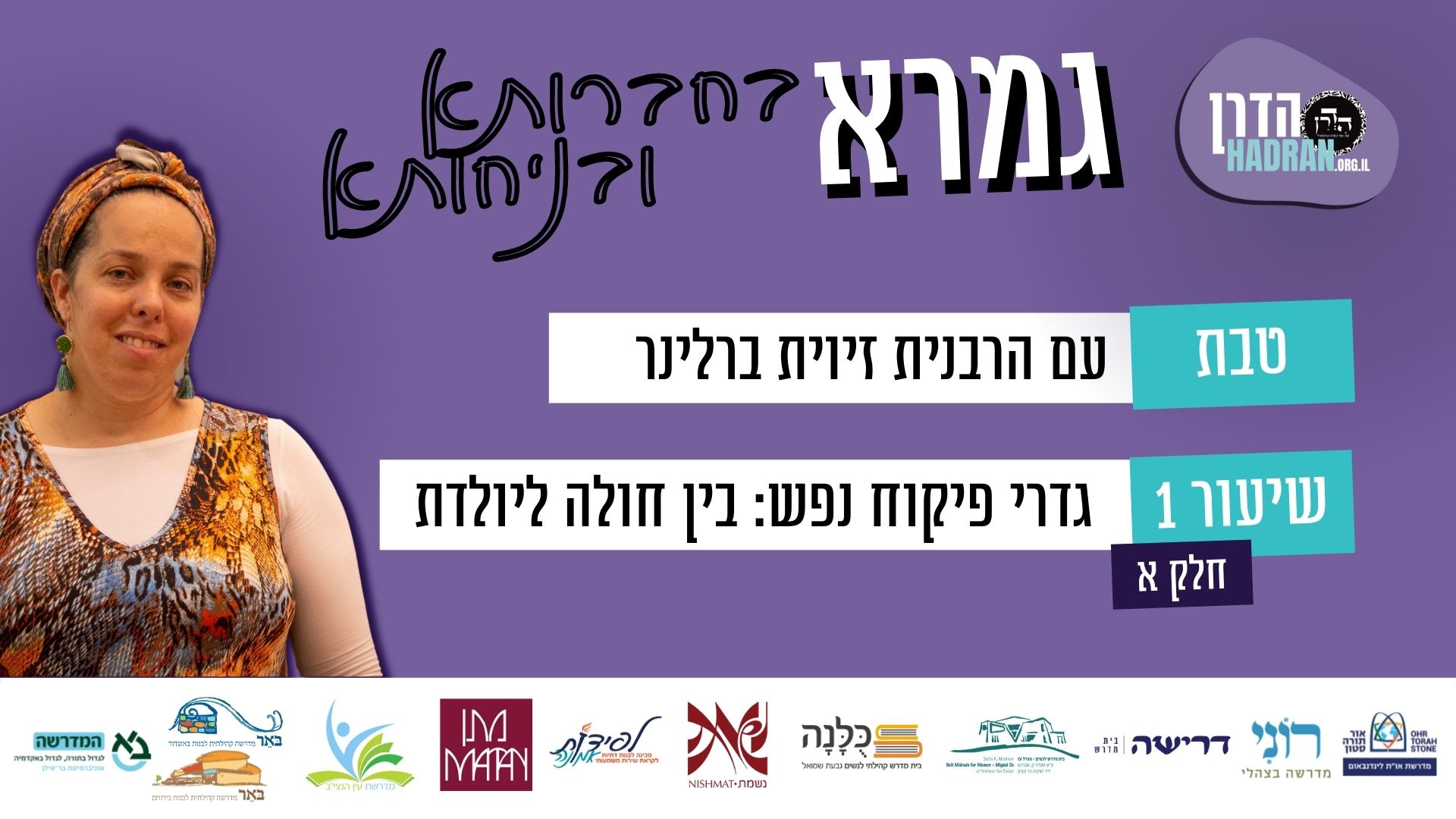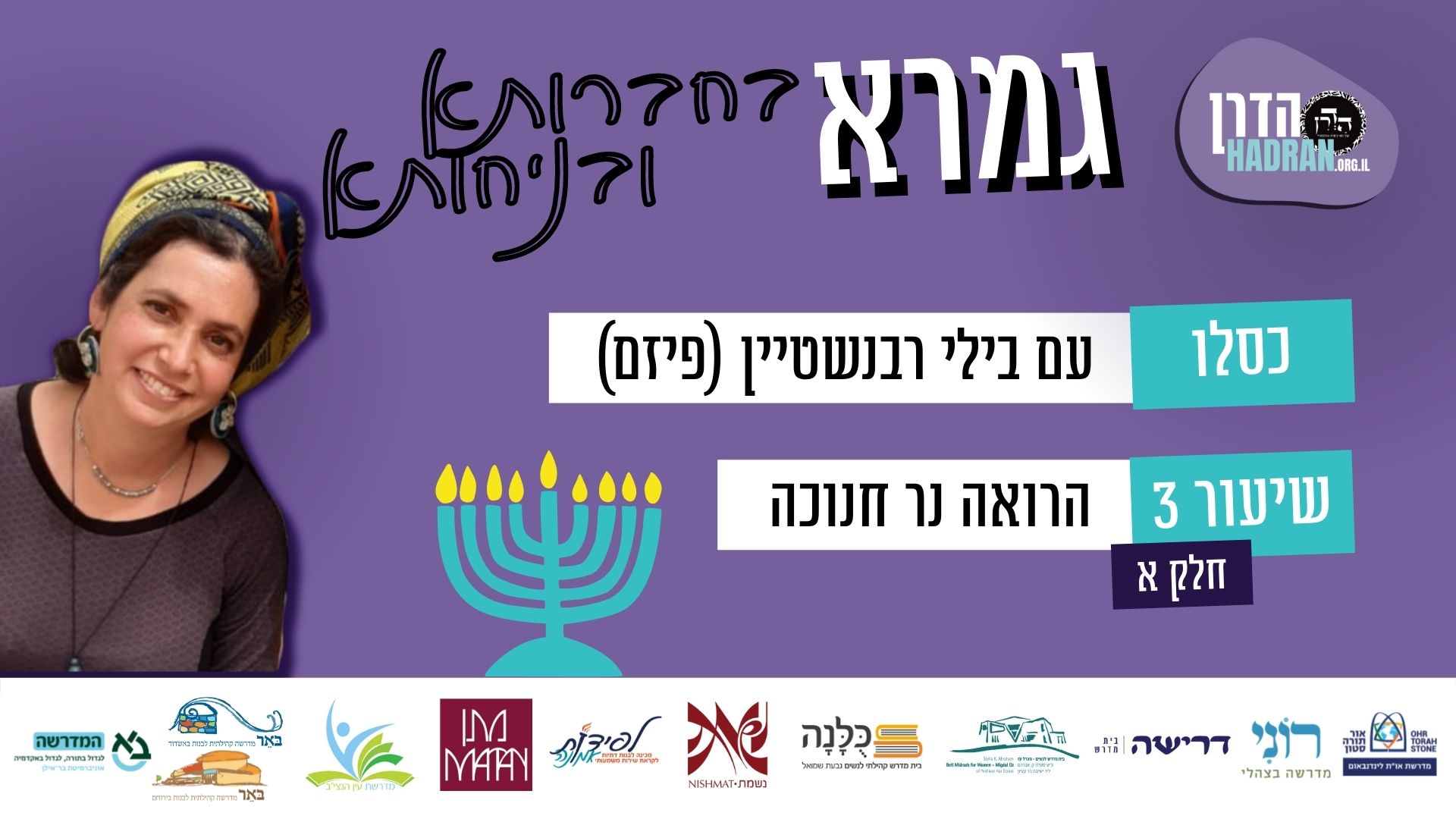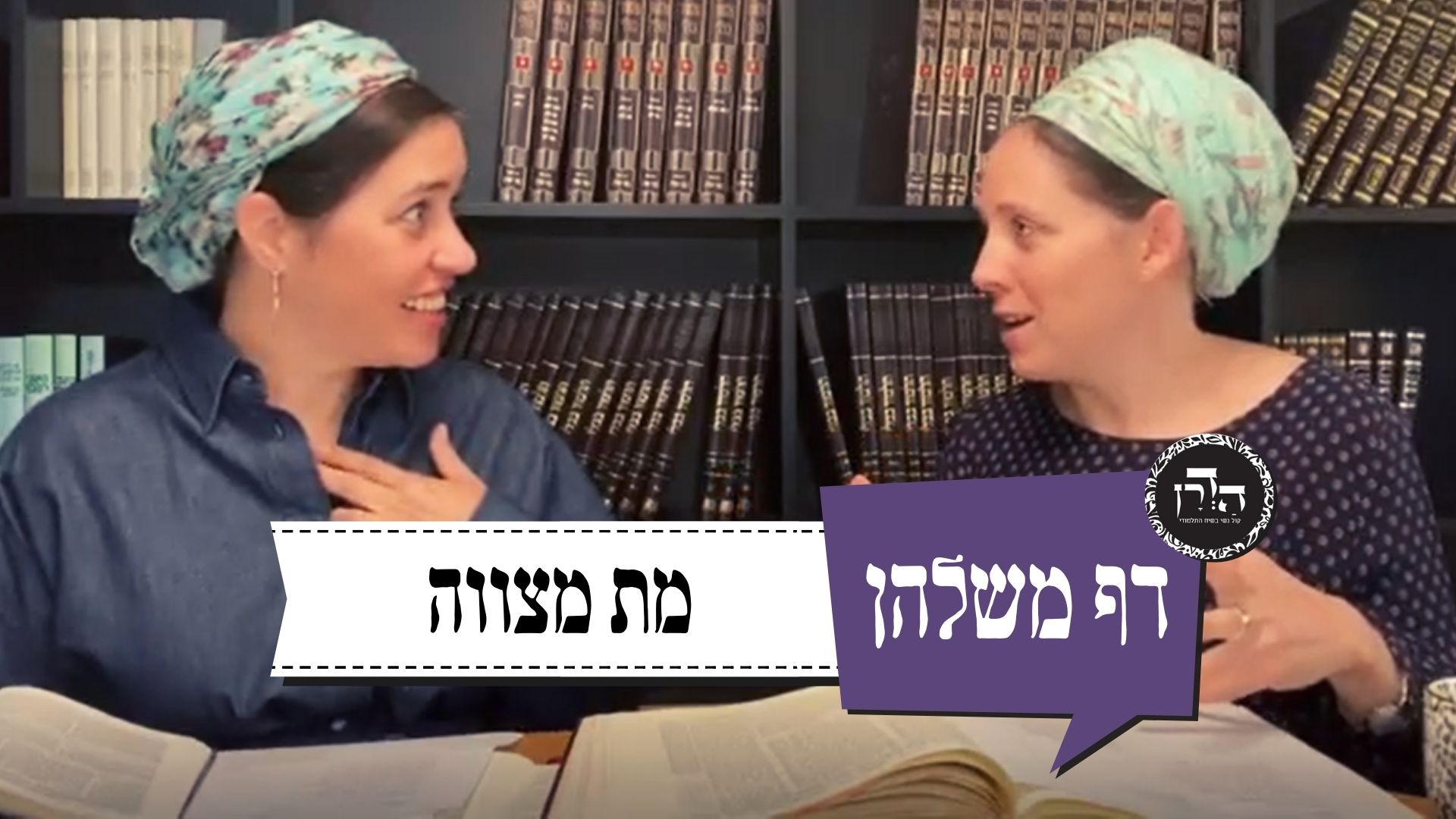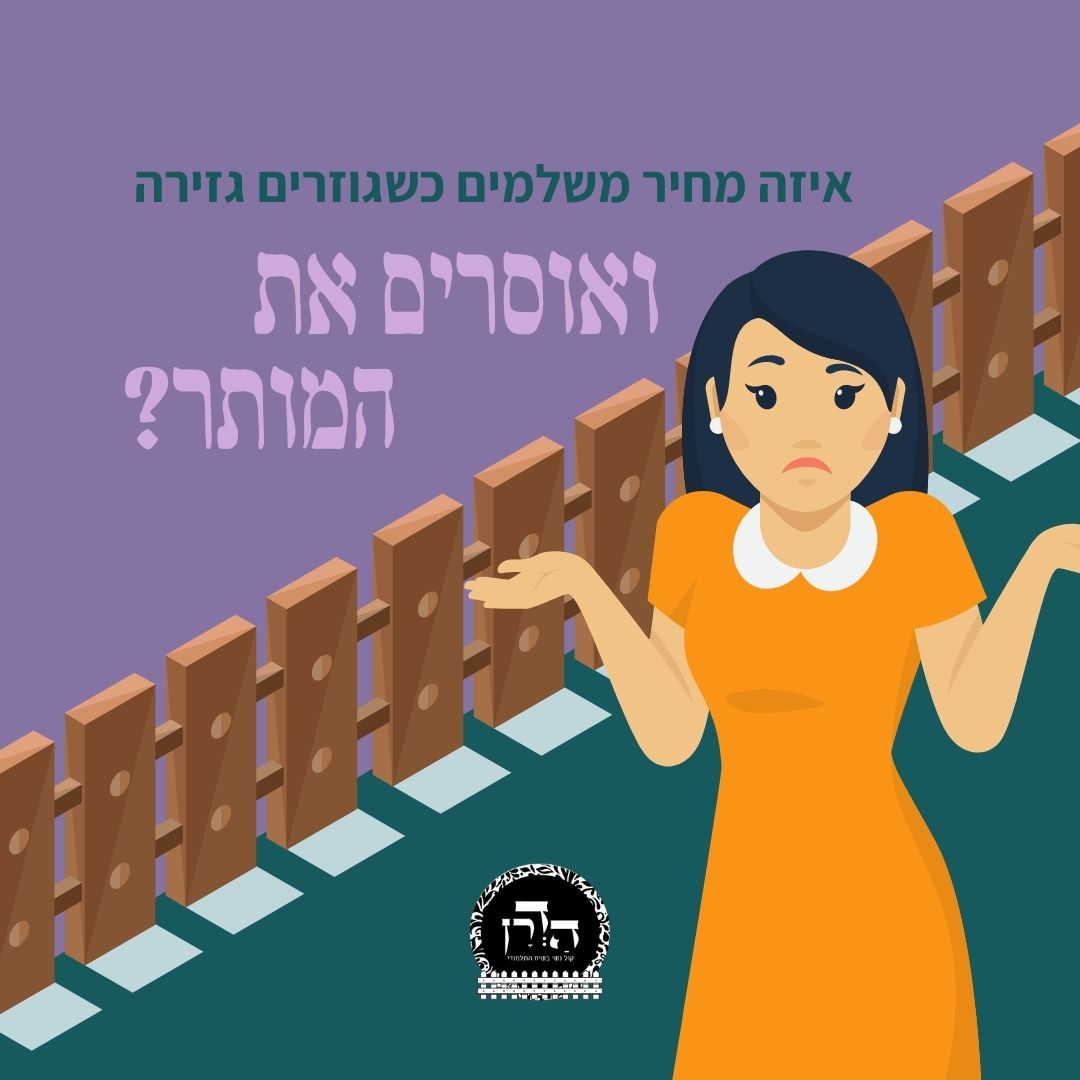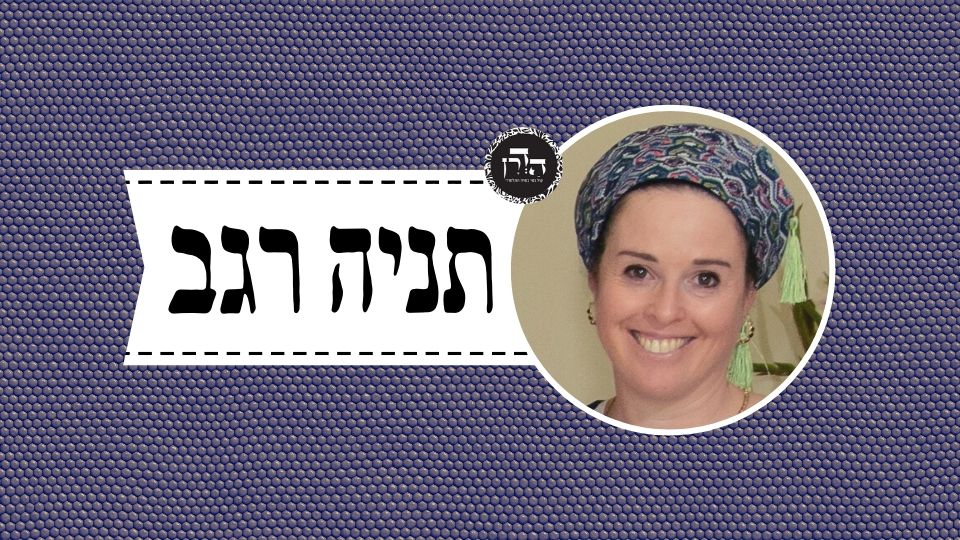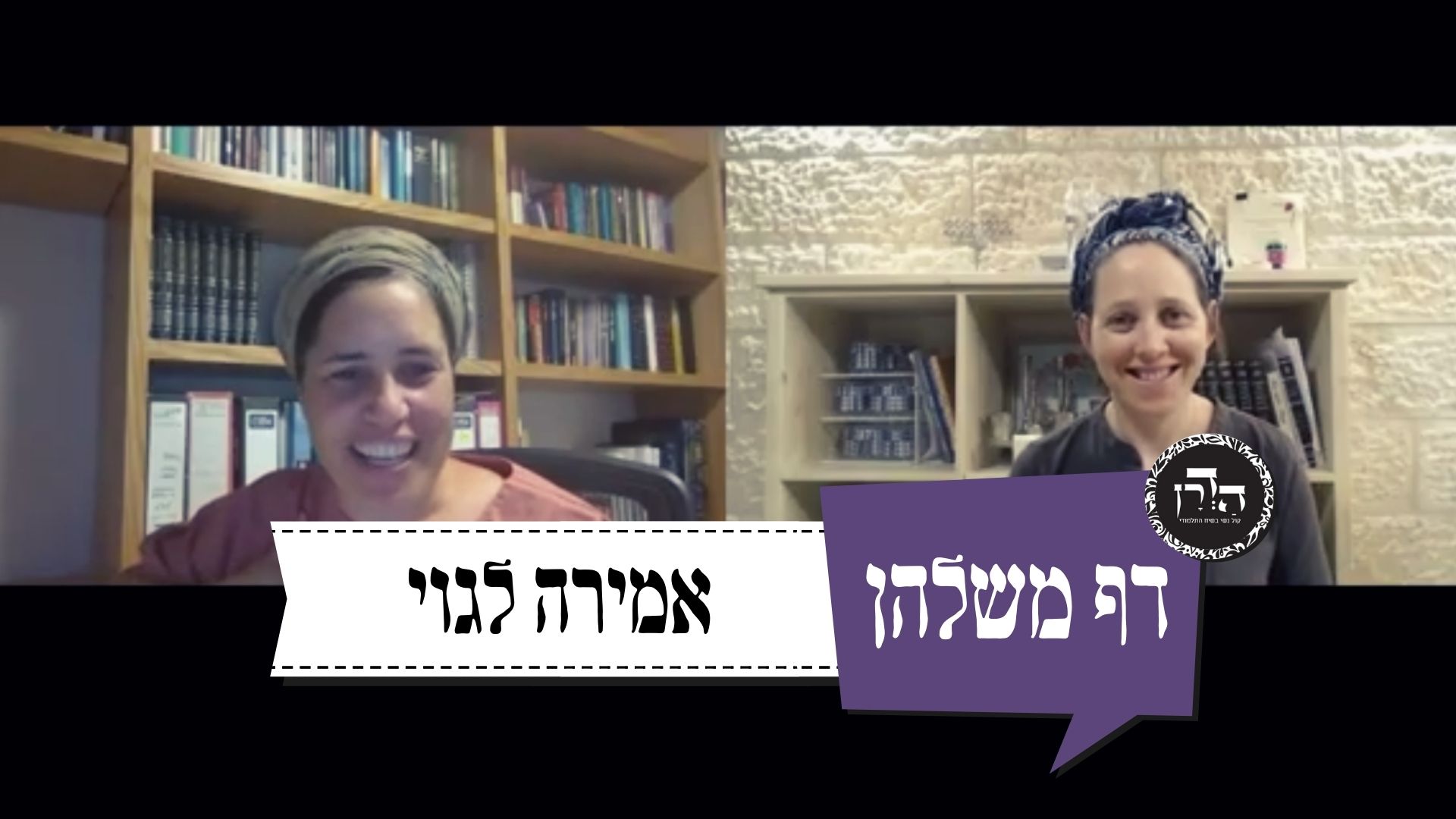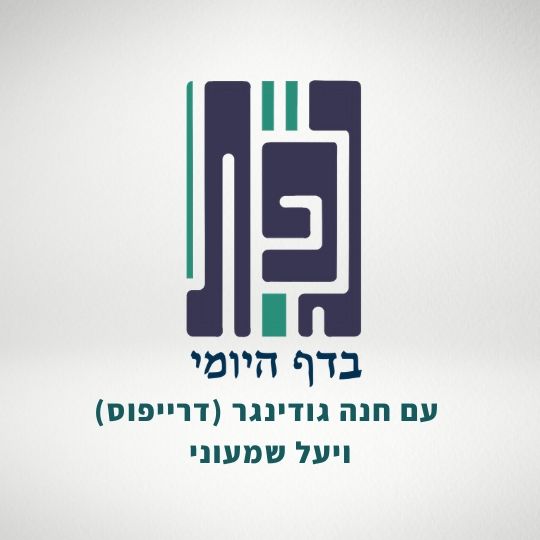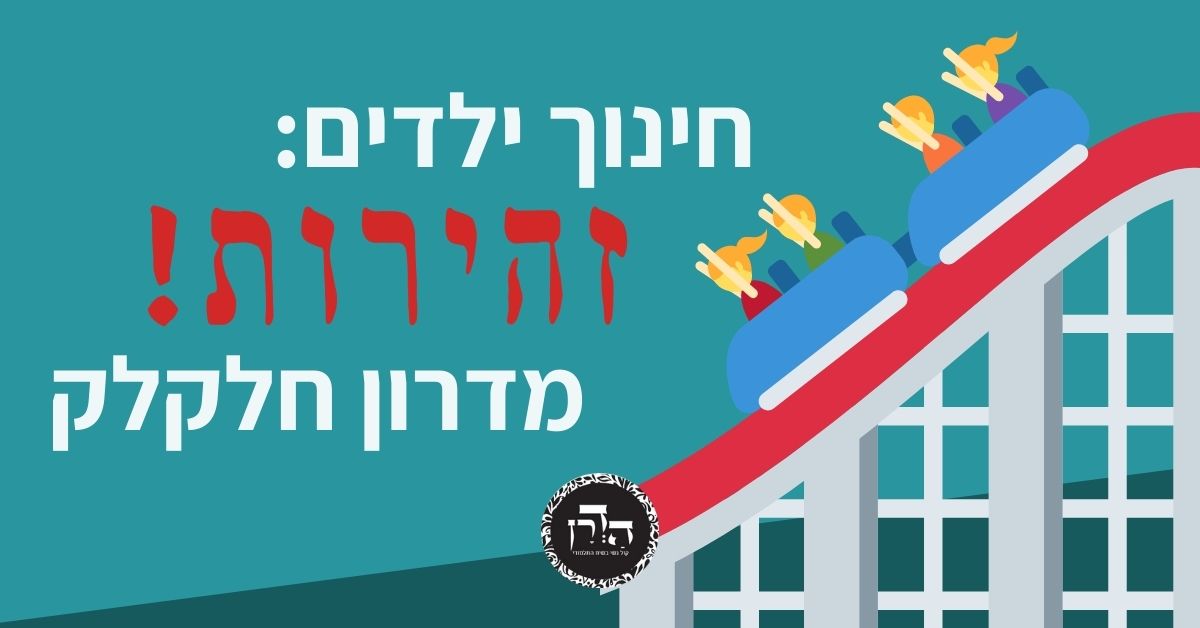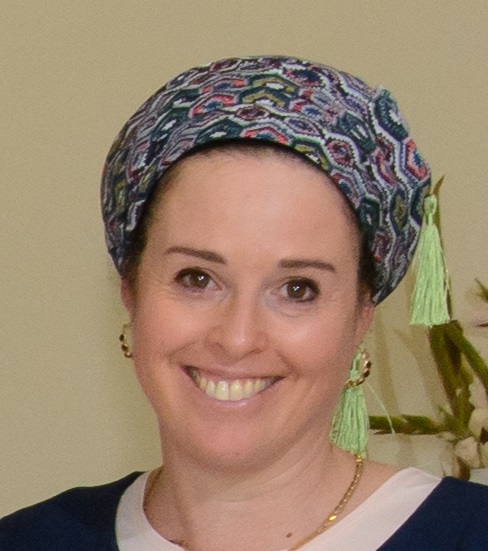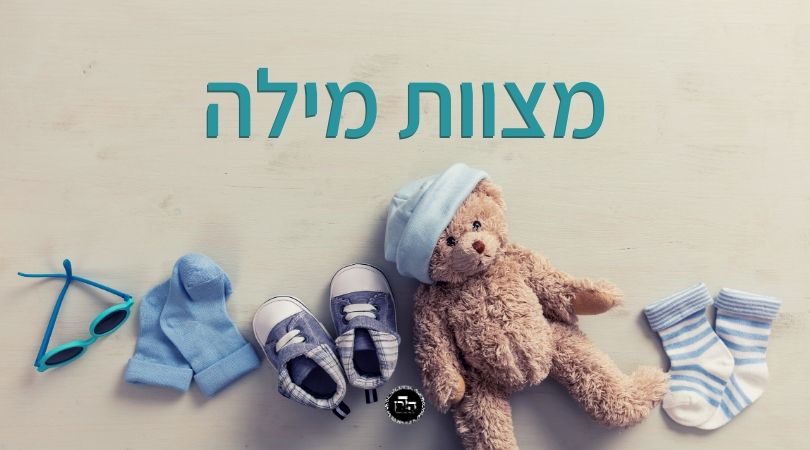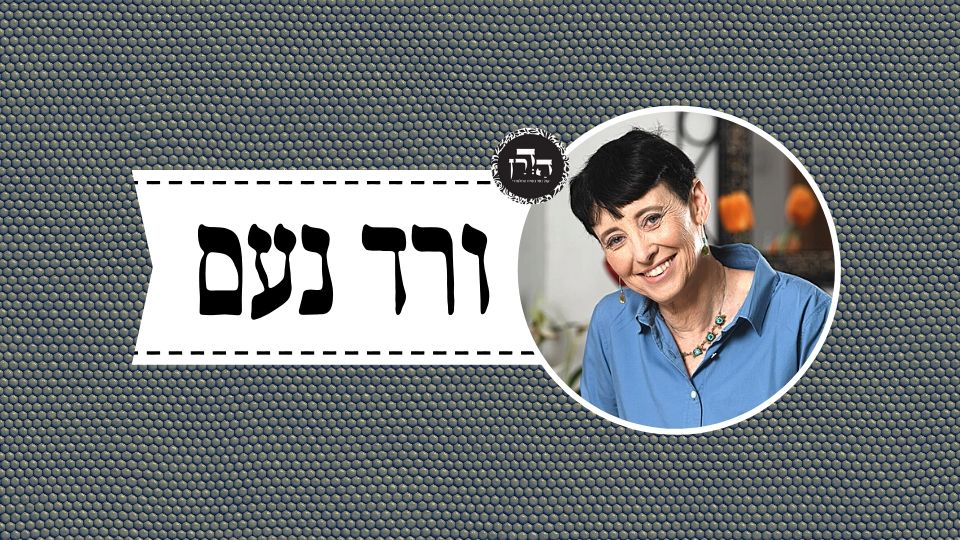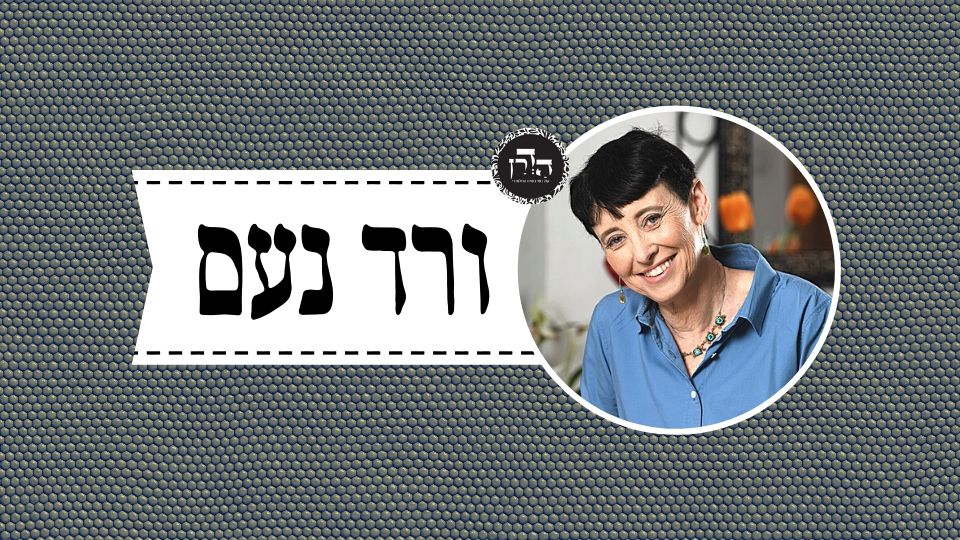שבת נא
לֹא מִשּׁוּם כִּלְאַיִם, וְלֹא מִשּׁוּם שְׁבִיעִית, וְלֹא מִשּׁוּם מַעֲשֵׂר, וְנִיטָּלִין בְּשַׁבָּת! תְּיוּבְתָּא.
due to diverse kinds, i.e., that he violated the prohibition of planting food crops in a vineyard, as he did not commit an act of planting; nor due to concern that he violated the prohibition against working the land during the Sabbatical Year; nor due to tithes, i.e., that it would be considered as if he picked it from the ground and would be obligated to tithe it; and they may be taken from the ground on Shabbat. Even if most of the turnip or radish is underground, it is permitted to pull it from the ground on Shabbat. One need not be concerned about causing the earth to move. Apparently, this contradicts the opinions of Rav Huna and Shmuel, who were concerned about causing earth to move on Shabbat. The Gemara concludes: Indeed, this is a conclusive refutation of the opinions of Rav Huna and Shmuel.
מַתְנִי׳ לֹא כִּסָּהוּ מִבְּעוֹד יוֹם — לֹא יְכַסֶּנּוּ מִשֶּׁתֶּחְשַׁךְ. כִּסָּהוּ וְנִתְגַּלָּה, מוּתָּר לְכַסּוֹתוֹ. מְמַלֵּא אֶת הַקִּיתוֹן וְנוֹתֵן לְתַחַת הַכַּר אוֹ תַּחַת הַכֶּסֶת.
MISHNA: If one did not cover a pot of cooked food on Shabbat eve while it was still day, he may not cover it after dark. However, if one covered it while it was still day and it was uncovered on Shabbat, he is permitted to cover it even on Shabbat. One may fill a jug with cold water on Shabbat and place it beneath a pillow or a cushion to prevent it from getting warm.
גְּמָ׳ אָמַר רַב יְהוּדָה אָמַר שְׁמוּאֵל: מוּתָּר לְהַטְמִין אֶת הַצּוֹנֵן. אָמַר רַב יוֹסֵף: מַאי קָמַשְׁמַע לַן? תְּנֵינָא: מְמַלֵּא אָדָם קִיתוֹן וְנוֹתֵן תַּחַת הַכַּר אוֹ תַּחַת הַכֶּסֶת!
GEMARA: Rav Yehuda said that Shmuel said: It is permitted to insulate the cold food on Shabbat to keep it cold. There is no concern that this will lead one to insulate hot food on Shabbat to keep it hot. Rav Yosef said: What is Shmuel teaching us with this statement? We already learned in our mishna: One may fill a jug with cold water on Shabbat and place it beneath a pillow or a mattress to prevent it from getting warm.
אָמַר לֵיהּ אַבָּיֵי: טוּבָא קָמַשְׁמַע לַן, דְּאִי מִמַּתְנִי׳ הֲוָה אָמֵינָא הָנֵי מִילֵּי — דָּבָר שֶׁאֵין דַּרְכּוֹ לְהַטְמִין, אֲבָל דָּבָר שֶׁדַּרְכּוֹ לְהַטְמִין לָא — קָמַשְׁמַע לַן.
Abaye said to him: He teaches us a great deal. As, if it had been learned from the mishna alone, I would have said that the ruling that one is permitted to insulate cold food applies only to something that is not ordinarily insulated when it is hot. However, something that is commonly insulated when it is hot, no, it may not be insulated even when it is cold. Therefore, Shmuel teaches us that this is allowed even in the case of something which is commonly insulated when it is hot.
אָמַר רַב הוּנָא אָמַר רַב: אָסוּר לְהַטְמִין אֶת הַצּוֹנֵן. וְהָתַנְיָא: רַבִּי הִתִּיר לְהַטְמִין אֶת הַצּוֹנֵן! לָא קַשְׁיָא, הָא מִקַּמֵּיהּ דְּלִישְׁמְעֵיהּ מֵרַבִּי יִשְׁמָעֵאל בְּרַבִּי יוֹסֵי, הָא לְבָתַר דְּלִישְׁמְעֵיהּ. כִּי הָא דְּיָתֵיב רַבִּי וְאָמַר: אָסוּר לְהַטְמִין אֶת הַצּוֹנֵן. אָמַר לְפָנָיו רַבִּי יִשְׁמָעֵאל בְּרַבִּי יוֹסֵי: אַבָּא הִתִּיר לְהַטְמִין אֶת הַצּוֹנֵן. אָמַר: כְּבָר הוֹרָה זָקֵן.
Rav Huna said that Rabbi Yehuda HaNasi said: It is prohibited to insulate cold food on Shabbat to keep it cold. The Gemara raises an objection: Wasn’t it taught in a baraita that Rabbi Yehuda HaNasi permitted cold food to be insulated on Shabbat? The Gemara answers: This is not difficult. This statement was made before he heard the ruling of Rabbi Yishmael, son of Rabbi Yosei; that statement in the baraita was made after he heard it. As in that incident where Rabbi Yehuda HaNasi sat and said: It is prohibited to insulate cold food on Shabbat to keep it cold, Rabbi Yishmael, son of Rabbi Yosei, said before him: Father permitted insulating cold food on Shabbat. Rabbi Yehuda HaNasi said: I retract my previous statement, as the Elder, Rabbi Yosei, has already issued a ruling on this topic, and I defer to his ruling.
אָמַר רַב פָּפָּא: בֹּא וּרְאֵה כַּמָּה מְחַבְּבִין זֶה אֶת זֶה. שֶׁאִילּוּ רַבִּי יוֹסֵי קַיָּים, הָיָה כָּפוּף וְיוֹשֵׁב לִפְנֵי רַבִּי. דְּהָא רַבִּי יִשְׁמָעֵאל בְּרַבִּי יוֹסֵי דִּמְמַלֵּא מְקוֹם אֲבוֹתָיו הֲוָה, וְכָפוּף וְיוֹשֵׁב לִפְנֵי רַבִּי, וְקָאָמַר: כְּבָר הוֹרָה זָקֵן.
Rav Pappa said: Come and see how much they loved each other. Had Rabbi Yosei still been alive, he would have been subordinate to and sitting before Rabbi Yehuda HaNasi as his student, as Rabbi Yishmael, son of Rabbi Yosei, who took his father’s place and was as great a Torah scholar as his father, was subordinate to and sitting before Rabbi Yehuda HaNasi as his student. And, nevertheless, Rabbi Yehuda HaNasi says: The Elder has already issued a ruling on this topic, and he deferred to Rabbi Yosei’s ruling.
אֲמַר לֵיהּ רַב נַחְמָן לְדָרוּ עַבְדֵּיהּ: אַטְמֵין לִי צוֹנֵן, וְאַיְיתִי לִי מַיָּא דְּאַחֵים קַפִּילָא אֲרַמָּאָה. שְׁמַע רַבִּי אַמֵּי וְאִיקְּפַד. אֲמַר רַב יוֹסֵף: מַאי טַעְמָא אִיקְּפַד? כְּרַבְּווֹתֵיהּ עָבֵיד — חֲדָא כְּרַב, וַחֲדָא כִּשְׁמוּאֵל.
Rav Naḥman said to Daru, his slave: Insulate cold food for me on Shabbat, so that it will not become warm, and bring me water that a gentile cook [kappeila] heated on a weekday, as the prohibition to eat food cooked by a gentile does not apply to water. When Rabbi Ami heard this, he became angry. Rav Yosef said: What is the reason that Rabbi Ami become angry? Rav Naḥman acted in accordance with the rulings of his teachers; in one matter in accordance with the ruling of Rav, and in one matter in accordance with the ruling of Shmuel.
כִּשְׁמוּאֵל — דְּאָמַר רַב יְהוּדָה אָמַר שְׁמוּאֵל: מוּתָּר לְהַטְמִין אֶת הַצּוֹנֵן. כְּרַב — דְּאָמַר רַב שְׁמוּאֵל בַּר רַב יִצְחָק אָמַר רַב: כֹּל שֶׁהוּא נֶאֱכָל כְּמוֹת שֶׁהוּא חַי — אֵין בּוֹ מִשּׁוּם בִּשּׁוּלֵי גּוֹיִם.
The Gemara explains: In one matter in accordance with the ruling of Shmuel, as Rav Yehuda said that Shmuel said: It is permitted to insulate cold food on Shabbat to keep it cold. In one matter in accordance with the ruling of Rav, as Rav Shmuel bar Rav Yitzḥak said that Rav said: Anything that is eaten as it is, raw, and cooking it is unnecessary, even if it was cooked it is not subject to the prohibition of food cooked by gentiles. Since water is commonly drunk uncooked, one may drink it even if it was boiled by a gentile.
(הוּא) סָבַר אָדָם חָשׁוּב שָׁאנֵי.
The Gemara answers: Rabbi Ami became angry because he held that an important person is different. A distinguished person like Rav Naḥman should be stringent and distance himself from conduct that could be perceived, even mistakenly, as a prohibited act.
תָּנוּ רַבָּנַן: אַף עַל פִּי שֶׁאָמְרוּ אֵין טוֹמְנִין אֲפִילּוּ בְּדָבָר שֶׁאֵינוֹ מוֹסִיף הֶבֶל מִשֶּׁחָשֵׁכָה, אִם בָּא לְהוֹסִיף — מוֹסִיף. כֵּיצַד הוּא עוֹשֶׂה? רַבָּן שִׁמְעוֹן בֶּן גַּמְלִיאֵל אוֹמֵר: נוֹטֵל אֶת הַסְּדִינִין וּמַנִּיחַ אֶת הַגְּלוּפְקְרִין, אוֹ נוֹטֵל אֶת הַגְּלוּפְקְרִין וּמַנִּיחַ אֶת הַסְּדִינִין.
The Sages taught in the Tosefta: Although the Sages said that one may not insulate hot food, even in something that does not add heat after nightfall on Shabbat, if he comes to add to the material in which he insulated the food on Shabbat eve, he may add to it even on Shabbat. How should he do it? Rabban Shimon ben Gamliel said: He takes the sheets with which he insulated a pot and places the heavy blankets, which provide better insulation, in their place. Or, if he is concerned about excessive heat, he takes the heavy blankets in which the pot had been insulated and places the lighter sheets in their place.
וְכֵן הָיָה רַבָּן שִׁמְעוֹן בֶּן גַּמְלִיאֵל אוֹמֵר: לֹא אָסְרוּ אֶלָּא אוֹתוֹ מֵיחַם, אֲבָל פִּינָּה מִמֵּיחַם לְמֵיחַם — מוּתָּר. הַשְׁתָּא אוֹקוֹרֵי קָא מֵקֵיר לְהוּ, אַרְתּוֹחֵי קָא מַרְתַּח לְהוּ?!
And likewise, Rabban Shimon ben Gamliel, in teaching an additional leniency, said: They prohibited insulating a pot on Shabbat to keep its contents warm when the food remains only in the same urn in which the water was boiled. However, if one emptied the water from that urn into another urn, it is permitted to insulate the second urn to keep the water warm. The reason for the ruling of Rabban Shimon ben Gamliel is: It is prohibited to insulate a pot on Shabbat, due to concern lest one heat the food beforehand. Now that he has already taken steps to cool the water by pouring it from one urn to another, is there concern that he will boil it again on Shabbat?
טָמַן וְכִיסָּה בְּדָבָר הַנִּיטָּל בְּשַׁבָּת, אוֹ טָמַן בְּדָבָר שֶׁאֵינוֹ נִיטָּל בְּשַׁבָּת וְכִיסָּה בְּדָבָר הַנִּיטָּל בְּשַׁבָּת — הֲרֵי זֶה נוֹטֵל וּמַחֲזִיר.
And Rabban Shimon ben Gamliel said: If he insulated the pot and covered it with something that may be moved on Shabbat, or if he insulated it with something that may not be moved on Shabbat because it is set-aside and covered it with something that may be moved on Shabbat, he may take the pot to remove food and return it to its place and not be concerned.
טָמַן וְכִיסָּה בְּדָבָר שֶׁאֵינוֹ נִיטָּל בְּשַׁבָּת אוֹ שֶׁטָּמַן בְּדָבָר הַנִּיטָּל בְּשַׁבָּת, וְכִיסָּה בְּדָבָר שֶׁאֵינוֹ נִיטָּל בְּשַׁבָּת, אִם הָיָה מְגוּלֶּה מִקְצָתוֹ נוֹטֵל וּמַחֲזִיר. וְאִם לָאו —
However, if he both insulated it and covered it with something that may not be moved on Shabbat, or if he insulated it in something that may be moved on Shabbat and covered it with something that may not be moved on Shabbat, if the pot was partially exposed, he may remove the pot and the cover will fall on its own and then return it to its place. And if the pot was not partially exposed,
אֵינוֹ נוֹטֵל וּמַחֲזִיר.
he may not remove the pot and then return it to its place.
רַבִּי יְהוּדָה אוֹמֵר: נְעוֹרֶת שֶׁל פִּשְׁתָּן דַּקָּה הֲרֵי הִיא כְּזֶבֶל.
Rabbi Yehuda says: The chaff of fine flax is like manure. Therefore, one may not insulate food in it even on Shabbat eve.
מַנִּיחִין מֵיחַם עַל גַּבֵּי מֵיחַם וּקְדֵרָה עַל גַּבֵּי קְדֵרָה, אֲבָל לֹא קְדֵרָה עַל גַּבֵּי מֵיחַם, וּמֵיחַם עַל גַּבֵּי קְדֵרָה. וְטָח אֶת פִּיהָ בְּבָצֵק, וְלֹא בִּשְׁבִיל שֶׁיֵּחַמּוּ, אֶלָּא בִּשְׁבִיל שֶׁיִּהְיוּ מְשׁוּמָּרִים.
One may place a copper urn upon a copper urn, and one may place an earthenware pot upon an earthenware pot because the lower utensil will not heat the upper one. However, one may not place an earthenware pot upon a copper urn, or a copper urn upon an earthenware pot, as in that case there is concern that the upper utensil will be heated by the lower one. And one may seal the mouth of a pot with dough. All of the above may not be undertaken in order to heat the water, but only so that its heat will be maintained and it will not cool down.
וּכְשֵׁם שֶׁאֵין טוֹמְנִין אֶת הַחַמִּין כָּךְ אֵין טוֹמְנִין אֶת הַצּוֹנֵן. רַבִּי הִתִּיר לְהַטְמִין אֶת הַצּוֹנֵן.
And just as one may not insulate hot food to keep it warm, so too, one may not insulate cold food to keep it cold. Rabbi Yehuda HaNasi permitted insulating cold food on Shabbat.
וְאֵין מְרַזְּקִין לֹא אֶת הַשֶּׁלֶג וְלֹא אֶת הַבָּרָד בְּשַׁבָּת בִּשְׁבִיל שֶׁיָּזוּבוּ מֵימָיו, אֲבָל נוֹתֵן הוּא לְתוֹךְ הַכּוֹס אוֹ לְתוֹךְ הַקְּעָרָה וְאֵינוֹ חוֹשֵׁשׁ.
And one may neither crush snow nor hail on Shabbat so that its water will flow and he will be able to drink it. That act involves creation of a new entity, water from ice, on Shabbat, which is prohibited. However, he may place the snow or the hail into a cup or a dish and allow it to melt on its own, and he need not be concerned.
הדרן עלך במה טומנין
מַתְנִי׳ בַּמֶּה בְּהֵמָה יוֹצְאָה וּבַמָּה אֵינָהּ יוֹצְאָה? — יוֹצֵא הַגָּמָל בְּאַפְסָר, וְנָאֲקָה בַּחֲטָם, וְלוּבְדְּקִים בִּפְרוּמְבְּיָא, וְסוּס בְּשֵׁיר.
Due to the mitzva to rest one’s animals on Shabbat, one’s animal may not go out into the public domain bearing a burden. However, an object designated to protect the animal or to prevent it from fleeing is not considered a burden; therefore, an animal bearing objects that serve that purpose may go out into the public domain.
MISHNA: The mishna asks: With what may an animal go out into the public domain on Shabbat and with what may it not go out? A camel may go out on Shabbat with an afsar, and a naka may go out with a ḥatam, and a luvdekim may go out with a perumbiya. All these terms will be defined in the Gemara. And a horse may go out with a chain around its neck.
וְכָל בַּעֲלֵי הַשֵּׁיר יוֹצְאִין בְּשֵׁיר וְנִמְשָׁכִין בְּשֵׁיר.
And, in general, all animals that typically have a chain around their necks when they go out to the public domain may go out with a chain on Shabbat and may be pulled by the chain.
וּמַזִּין עֲלֵיהֶן, וְטוֹבְלָן בִּמְקוֹמָן.
If these chains contracted ritual impurity, one may sprinkle waters of purification on them and immerse them in their place on the animal, and they need not first be removed.
גְּמָ׳ מַאי ״נָאקָה בַּחֲטָם״? אָמַר רַבָּה בַּר בַּר חָנָה: נָאקְתָּא חִיוָּרְתִּי בִּזְמָמָא דְפַרְזְלָא. ״וְלוּבְדְּקִים בִּפְרוּמְבְּיָא״ — אָמַר רַב הוּנָא: חֲמָרָא לוּבָא בְּפַגֵּי דְפַרְזְלָא.
GEMARA: Several terms in the mishna were not clear to the Sages, and the Gemara asks: What is the meaning of naka with a ḥatam? Rabba bar bar Ḥana said: A white female camel (ge’onim) with an iron nose ring. And what is the meaning of luvdekim with a perumbiya? Rav Huna said: A Libyan donkey with an iron halter.
לֵוִי שַׁדַּר זוּזֵי לְבֵי חוֹזָאֵי לְמִיזְבַּן לֵיהּ חֲמָרָא לוּבָא. צָרוּ שַׁדַּרוּ לֵיהּ שְׂעָרֵי, לְמֵימַר דְּנִיגְרֵי דַחֲמָרָא שְׂעָרֵי.
Having mentioned a Libyan donkey, the Gemara relates that Levi once sent money to Bei Ḥozai to procure for himself a Libyan donkey, which is reputed to be of superior quality. They bound his money, returned it, and sent him barley, to say that the strides of a donkey depend on the barley that it eats. If one provides his donkey with better feed, its performance will be as good as that of a Libyan donkey.
אָמַר רַב יְהוּדָה אָמַר שְׁמוּאֵל: מַחְלִיפִין לִפְנֵי רַבִּי, שֶׁל זוֹ בָּזוֹ מַהוּ?
Rav Yehuda said that Shmuel said: The students switched the details in the mishna before Rabbi Yehuda HaNasi and asked: What is the halakha with regard to this animal going out into the public domain with that which is permitted for that animal? For example, may a white female camel go out with a bit or a camel with an iron nose ring?
נָאקָה בְּאַפְסָר לָא תִּיבְּעֵי לָךְ, כֵּיוָן דְּלָא מִינַּטְרָא בֵּיהּ — מַשּׂאוֹי הוּא. כִּי תִּיבְּעֵי לָךְ גָּמָל בַּחֲטָם מַאי? כֵּיוָן דְּסַגִּי לֵיהּ בְּאַפְסָר — מַשּׂאוֹי הוּא, אוֹ דִילְמָא נְטִירוּתָא יַתִּירְתָּא לָא אָמְרִינַן מַשּׂאוֹי הוּא?
The Gemara explains: The case of a white female camel going out with a bit should not be a dilemma for you; since it is not sufficiently secured by a bit, it is regarded as a burden with which the animal may not go out. The case where there should be a dilemma for you is that of a camel going out to the public domain with a nose ring. What is the halakha in that case? The Gemara explains the dilemma: Is the halakha that since a bit alone suffices to secure a camel, an iron nose ring is considered a burden? Or, is the halakha perhaps that with regard to a device that provides excessive security we do not say that it is a burden?
אָמַר לְפָנָיו רַבִּי יִשְׁמָעֵאל בְּרַבִּי יוֹסֵי: כָּךְ אָמַר אַבָּא: אַרְבַּע בְּהֵמוֹת יוֹצְאוֹת בְּאַפְסָר, הַסּוּס וְהַפֶּרֶד וְהַגָּמָל וְהַחֲמוֹר. לְמַעוֹטֵי מַאי? לַָאו לְמַעוֹטֵי גָּמָל בַּחֲטָם! לָא, לְמַעוֹטֵי נָאקָה בְּאַפְסָר.
Rabbi Yishmael, son of Rabbi Yosei, said before Rabbi Yehuda HaNasi that so said father, Rabbi Yosei: Four animals may go out with a bit: The horse, and the mule, and the camel, and the donkey. What does this list come to exclude? Is it not coming to exclude a camel going out with a nose ring? Apparently, the dilemma is resolved. The camel may go out only with a bit. The Gemara rejects this proof: No, the list comes to exclude a white female camel going out with a bit.
בְּמַתְנִיתָא תָּנָא: לוּבְדְּקִים וְגָמָל יוֹצְאִין בְּאַפְסָר. כְּתַנָּאֵי: אֵין חַיָּה יוֹצְאָה בְּסוּגַר, חֲנַנְיָה אוֹמֵר: יוֹצְאָה בְּסוּגַר וּבְכׇל דָּבָר הַמִּשְׁתַּמֵּר.
It was taught in a baraita: A Libyan donkey and a camel may go out with a bit. The Gemara notes that the question whether or not an animal may go out into the public domain with excessive security is parallel to a dispute between the tanna’im, as it was taught in a baraita: A non-domesticated animal may not go out with a collar. Ḥananya says: It may go out with a collar and with anything that secures it.
בְּמַאי עָסְקִינַן? אִילֵּימָא בְּחַיָּה גְּדוֹלָה — מִי סַגִּי לַהּ סוּגַר? וְאֶלָּא בְּחַיָּה קְטַנָּה — מִי לָא סַגִּי לַהּ סוּגַר?
The Gemara clarifies the case: With what are we dealing here? If you say that we are dealing with a large non-domesticated animal, does a collar suffice for it? Since it does not sufficiently secure the animal, it is considered a burden, and it is prohibited for the animal to go out with it on Shabbat. Rather, it must be dealing with a small non-domesticated animal. In that case, doesn’t a collar suffice for it? Why then does the anonymous first tanna hold that the animal may not go out with it?
אֶלָּא לָאו חָתוּל אִיכָּא בֵּינַיְיהוּ: תַּנָּא קַמָּא סָבַר כֵּיוָן דְּסַגִּי לַהּ בְּמִיתְנָא בְּעָלְמָא מַשּׂאוֹי הוּא, וַחֲנַנְיָה סָבַר כׇּל נְטִירוּתָא יַתִּירְתָּא לָא אָמְרִינַן מַשּׂאוֹי הוּא. אָמַר רַב הוּנָא בַּר חִיָּיא אָמַר שְׁמוּאֵל: הֲלָכָה כַּחֲנַנְיָה.
Rather, is it not that the practical difference between their opinions is with regard to a cat? The anonymous first tanna of the baraita holds that since a small rope suffices for the cat, a collar is considered a burden with which the cat may not go out into the public domain. And Ḥananya holds that with regard to a device that provides excessive security, we do not say that it is a burden. The tanna’im disagree whether or not a device that provides excessive security is considered a burden. The Gemara concludes: Rav Huna bar Ḥiyya said that Shmuel said: The halakha is in accordance with the opinion of Ḥananya. A device that provides excessive security is not considered a burden.
לֵוִי בְּרֵיהּ דְּרַב הוּנָא בַּר חִיָּיא וְרַבָּה בַּר רַב הוּנָא הֲווֹ קָאָזְלִי בְּאוֹרְחָא. קַדְמֵיהּ חֲמָרָא דְלֵוִי לַחֲמָרָא דְּרַבָּהּ בַּר רַב הוּנָא. חֲלַשׁ דַּעְתֵּיהּ דְּרַבָּה בַּר רַב הוּנָא, אֲמַר: אֵימָא לֵיהּ מִילְּתָא כִּי הֵיכִי
The Gemara relates that Levi, son of Rav Huna bar Ḥiyya, and Rabba bar Rav Huna were once going together on a road. Levi’s donkey on its own initiative went ahead of the donkey of Rabba bar Rav Huna. Rabba bar Rav Huna was offended because he was the greater Torah scholar, and he thought that Levi went first to assert that he considered himself the greater scholar. Levi said to himself: I will say something to him, so that



